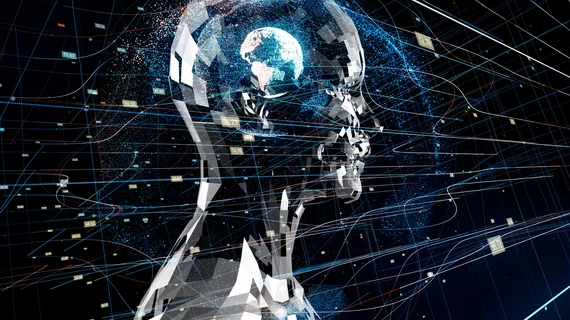Specialists share research roadmap for using AI in radiology
Representatives from numerous healthcare organizations gathered in 2018 and developed a new document focused on helping researchers use artificial intelligence (AI) algorithms in radiology to improve patient care. This group’s final report, described as a “research roadmap,” has now been published online by Radiology.
“The scientific challenges and opportunities of AI in medical imaging are profound, but quite different from those facing AI generally,” lead author Curtis P. Langlotz, MD, PhD, a professor of radiology and biomedical informatics at Stanford University, said in a prepared statement. “Our goal was to provide a blueprint for professional societies, funding agencies, research labs, and everyone else working in the field to accelerate research toward AI innovations that benefit patients.”
The roadmap was co-sponsored by the National Institutes of Health, RSNA, the American College of Radiology and the Academy for Radiology and Biomedical Imaging Research. It lists several research priorities for the future and details how to “accelerate advances in foundational machine learning research for medical imaging.”
“RSNA's involvement in this workshop is essential to the evolution of AI in radiology,” Mary C. Mahoney, MD, chair of the RSNA Board of Directors, said in the statement. “As the Society leads the way in moving AI science and education forward through its journals, courses and more, we are in a solid position to help radiologic researchers and practitioners more fully understand what the technology means for medicine and where it is going.”

